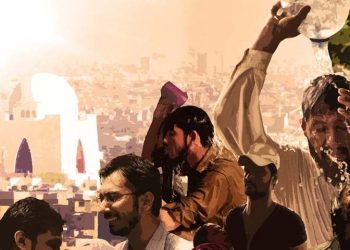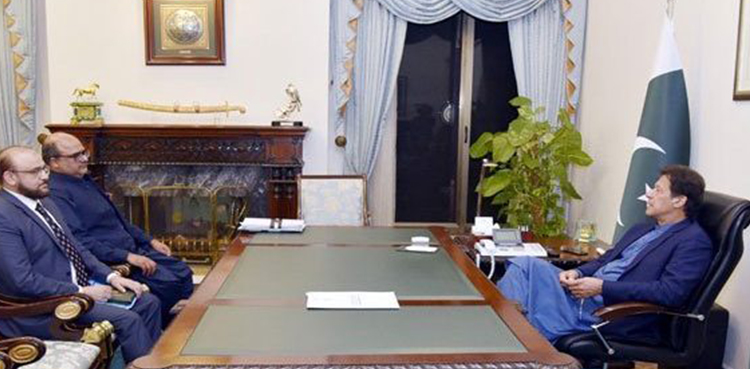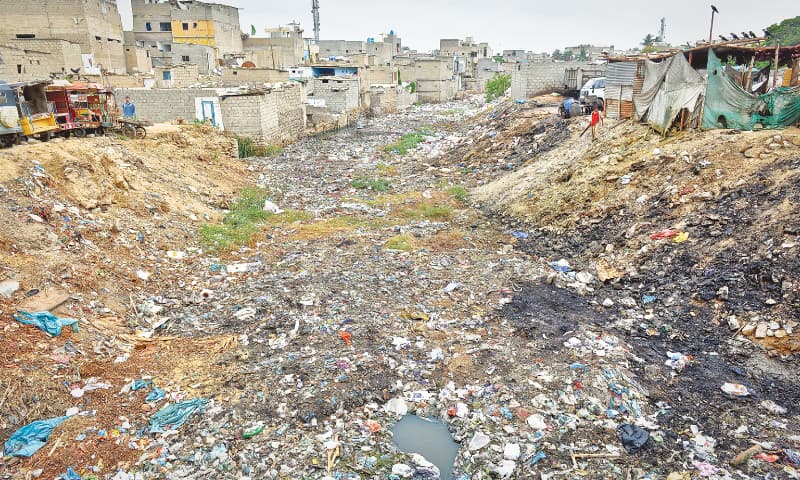Pakistan’s and Muslim world’s first female Prime Minister Benazir Bhutto is being remembered on her 68th birthday today.
A special ceremony was held at Sindh Assembly to mark Benazir Bhutto’s 68th birthday which was attended by Bilawal Bhutto Zardari – Benazir’s son and political heir along with senior PPP leadership who paid homage to the country’s first-ever and so far only female prime minister.
In his video statement, CM Murad Ali Shah also paid tribute to Benazir Bhutto terming her as a brave daughter of a brave father.
The Chief Minister highlighted that Benazir Bhutto was an ardent advocate of vaccination against polio virus and the most suitable way to pay homage to her would be to get oneself and loved ones inoculated against COVID-19 coronavirus.
Poets from Pakistan, India, Europe, USA, Canada, Middle East and other countries paid homage to Benazir at an event titled ‘Dukhtar-e-Mashriq Ka Jashn-e-Benazir (Celebration of the Daughter of the East Benazir)’ in Brussels.
It was hosted by the PPP-International Conferences and Seminars Forum, PPP Gulf Middle East and Bazm-e-Naz International.
The mushaira was presided over by renowned poet and playwright Tanveer Anjum. The chief guest was human rights scholar Anis Haroon and it was moderated by Dubai-based poet and host Ayesha Sheikh Aashi.
The Legacy of Benazir Bhutto
Born on June 21st 1953 to former prime minister and Pakistan People’s Party’s (PPP) founder Zulfikar Ali Bhutto and Nusrat Butto, Benazir Bhutto is undoubtedly considered among the most popular and iconic political leaders both domestically and on global scale.
With a sound political family background and education from prestigious institutions such as Harvard and Oxford, Benazir Bhutto took PPP’s reigns after his father was hanged to death in 1979.
Benazir Bhutto holds the distinct honor of being not only Pakistan’s but all of the Muslim world’s first female Prime Minister after winning the 1988 elections.
She served as country’s first-ever female National Assembly opposition leader from 1990 to 1993. In 1993 she was once again elected as Pakistan’s Prime Minister, a position she held till 1996.
Throughout her political career, Benazir Bhutto remained an ardent advocate of women empowerment and became a symbol of resistance against patriarchy not only in Pakistan but around the globe.
her second term Bhutto signed Pakistan to the international Convention on the Elimination of All Forms of Discrimination Against Women. She was also a founding member of the Council of Women World Leaders, a group established in 1996.
Bhutto led the establishment of a women’s division in the government, headed by a senior female civil servant, as well as a women’s bank. She also opened a series of all-female police stations, staffed with female officers, to make women feel safer in coming forward to report crimes. She established family courts with female judges to deal with child custody and family issues, and in 1994–95 the first women judges were appointed to the Supreme Courts of Peshawar and Sindh.
After spending more than a decade in self-imposed exile, Benazir Bhutto returned to Pakistan in October 2007.
She was assassinated on 27 December 2007‚ in a suicide attack PPP’s last rally in the city of Rawalpindi‚ two weeks before the scheduled 2008 General Elections.
Al-Qaeda commander Mustafa Abu al-Yazid claimed responsibility for the assassination.
Following Benazir’s death, her son Bilawal Bhutto – then 19-years-old, became co-chairman of PPP along with his Asif Ali Zardari, his father and Benazir Bhutto’s husband.
Her party, PPP still remains one of the top three political parties in the country with Sindh being its stronghold.


















































